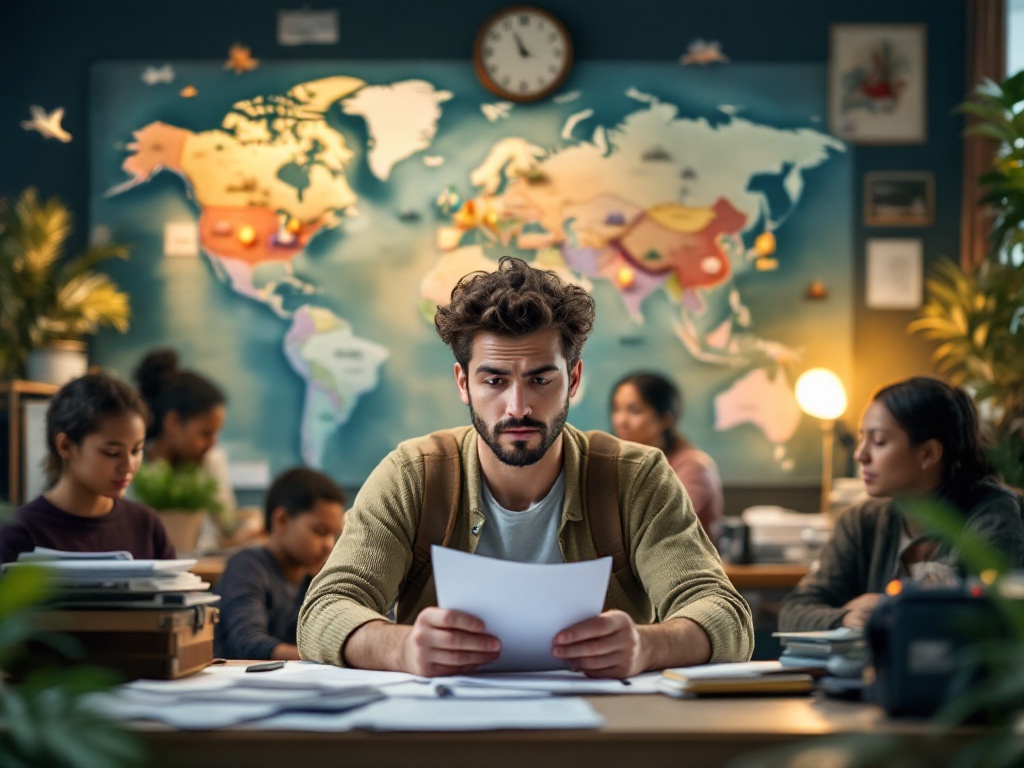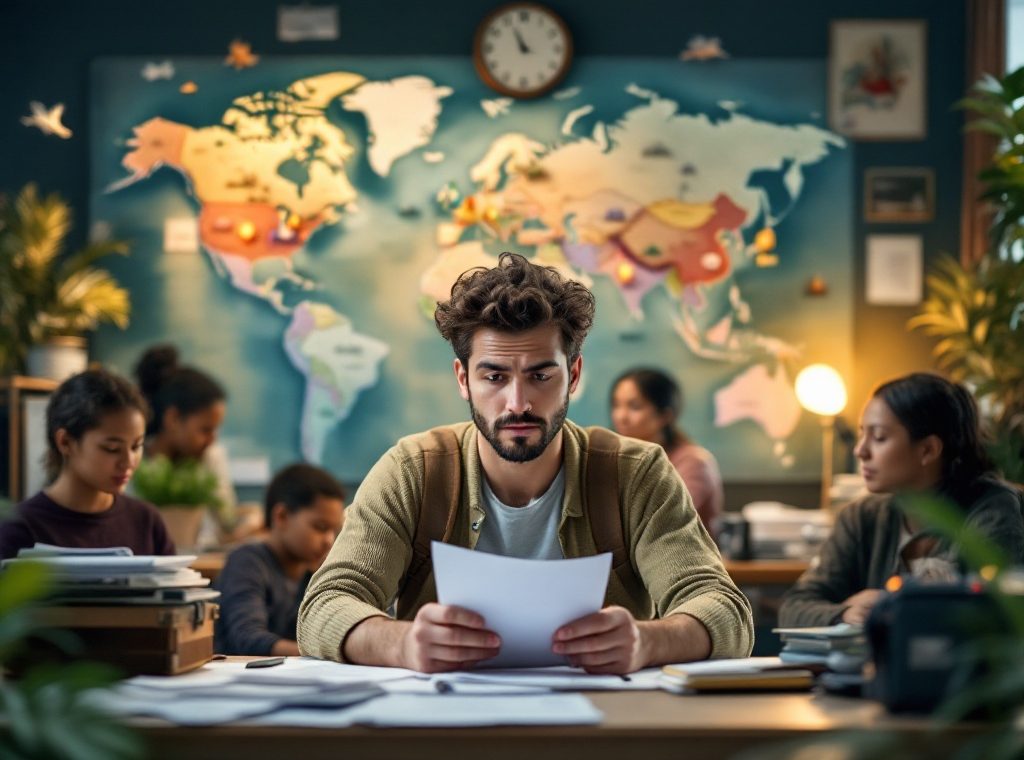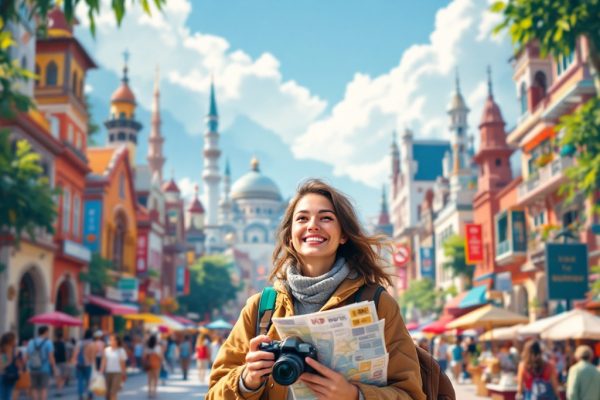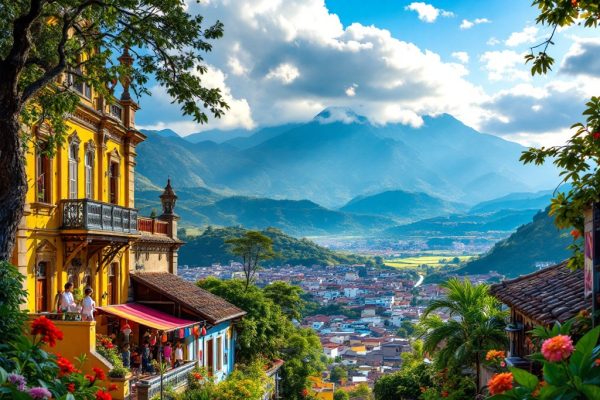Understanding Tourist Visa Processing Time: Factors and Expectations
Dreaming of a getaway? Securing your tourist visa is the first step. Processing times vary greatly, influenced by factors like destination, application volume, and the accuracy of your documents. This guide provides essential insights into visa processing, offering tips for a smooth, timely approval. Learn how to navigate the process efficiently, from application to potential delays, and ensure your travel dreams become a reality. Start planning your trip today!
Important information

- Visa processing times vary based on several factors, including your nationality, visa type, the specific consulate, application volume, and the time of year. Research and apply well in advance.
- A complete and accurate application is crucial. Missing information, errors, or outdated details can cause significant delays or rejection. Double-check everything before submitting.
- Expedited processing may be an option if you need your visa quickly, but it comes with an additional fee. Check with the consulate for availability and cost.
- You can track your application status online through the consulate’s system or by contacting them directly. For complex cases or previous visa denials, consider consulting an immigration lawyer.
- Several factors influence processing times: high application volumes during peak seasons, bureaucratic procedures, security checks (including background checks), visa quotas, and the accuracy of submitted documents.
Introduction to Tourist Visa Processing Times
Research visa processing times. Processing times vary from a few days to several months depending on your nationality and visa type. Be aware of potential delays due to consulate workloads, especially during peak travel seasons.
Ensure a complete application. A complete and accurate application is essential for a smooth visa process. Missing information or errors can cause significant delays.
Check consulate-specific timelines. Research the expected processing time for your specific visa category at the consulate where you will apply. Each consulate may have different processing times.
Apply well in advance. Submit your visa application well in advance of your planned departure date. This allows time for potential delays or unforeseen issues.
Consider expedited processing (if available). Some consulates provide expedited processing for an additional fee. If you are short on time, explore this option but be prepared for the extra cost.
Factors Influencing Tourist Visa Processing Time
Visa processing times depend significantly on application volume. Peak tourist seasons often lead to longer waits as embassies and consulates handle increased demand. More applications mean extended processing times. Seasonal fluctuations also contribute to these variations.
Bureaucratic Procedures and Immigration Laws
Processing times are also affected by different bureaucratic procedures and immigration laws across countries. Stringent policies and complex processes in certain nations can cause delays, such as those with more rigorous background checks.
Security Measures
Security measures, including thorough background checks, are essential for visa approvals. Additional scrutiny for applicants from specific countries or with particular profiles can lengthen the process.
Visa Quotas and Destination Country Policies
Visa quotas and destination country policies significantly impact processing times. These policies limit the number of visas granted, potentially delaying or rejecting applications once a quota is reached.
Accurate Documentation
Accurate documentation is crucial. Incomplete or inaccurate documents can cause significant delays. Submitting a complete and accurate application, including all supporting documents, ensures a smoother, more timely process.
Application Volume and Seasonal Variation
Planning a trip abroad? The timing of your tourist visa application can significantly impact processing times. Applying during peak season often leads to delays due to the high volume of applications. Consider applying during the off-season for faster processing, as embassies and consulates handle fewer requests. This can streamline your visa application and ensure a smoother travel experience.
Bureaucratic Hurdles and Immigration Laws
Immigration law changes have a significant impact on processing times. Bureaucratic processes can cause delays, resulting in longer wait times for visa approvals. However, some changes improve efficiency. Online applications speed up processing, and dedicated officers work to reduce backlogs. These legal changes, while complex, can greatly affect individuals’ lives.
Security Measures and Background Checks
National security is our priority. We employ several measures to protect it, including biometric screenings and thorough criminal background checks. These checks naturally impact visa processing times. Verifying applicant information and checking various databases can add to these delays. Each application also undergoes a careful review, further contributing to the necessary processing time.
Visa Quotas and Destination Country Policies
Visa quotas restrict entry for specific nationalities or visa types, impacting the flow of people into a country. Destination countries also enforce their own rules, including immigration laws, security checks, and international agreements, all of which influence visa processing times. Because these policies are subject to change, and processing times can fluctuate, staying informed is crucial.
Documentation Challenges and Accuracy
Meticulously prepare your application and submit all required documents to avoid visa delays.
Double-checking everything ensures a smooth, timely process.
A complete and accurate application is key.
Even a missing signature or supporting document can cause significant hold-ups.
Outdated or incorrect information can also lead to substantial delays.
Ensure all details are current and precise.
Different Types of Tourist Visas and Their Processing Times
Tourist visas are typically categorized as short-term or long-term, with short-term visas generally being processed much faster. E-visas, submitted online, are also usually quicker than traditional paper applications.
- short-term,
- long-term.
However, processing times can vary significantly, from a few days to several weeks, or even months in some cases, depending on the country and individual circumstances. Several factors influence these processing times.
- High application volumes,
- seasonal fluctuations,
- bureaucratic procedures,
- security checks,
- visa quotas,
- accuracy of submitted documents.
Ultimately, each country’s specific visa policies play a significant role in determining processing durations.
Short-Term vs. Long-Term Visas
Short-term tourist visas are generally easier to obtain, with simpler requirements and quicker processing.
Long-term visas involve more thorough checks and therefore take longer to process, so anticipate a wait.
e-Visa vs. Conventional Visa
E-visas, processed through efficient online systems, are typically much faster than traditional visas. Traditional visas rely on paper forms and often result in extended processing times.
Steps in the Tourist Visa Application Process
Complete your visa application accurately and truthfully. Honesty is crucial for a successful application.
Gather all necessary documents. These include a valid passport, recent photographs, financial records, and a detailed travel itinerary. Ensure these documents comply with the specific requirements of your destination country, as these can vary.
A visa interview may be required. If so, book an appointment at the nearest embassy or consulate. Be prepared to discuss your trip, clearly explaining its purpose and your planned activities.
Completing the Visa Application Form
A smooth visa application hinges on accuracy. Ensure every detail, from your full name and address to passport number and travel dates, precisely matches your official documents. Thoroughly review your application for any errors or omissions before submitting it. A complete and correct application expedites processing and avoids delays.
Double-check every detail. Ensure your full name, address, passport number, and travel dates match your official documents.
Thoroughly review your application. Look for any errors or omissions before submitting.
Submit a complete and correct application. This expedites processing and avoids delays.
Gathering Supporting Documents
To apply, gather these essential documents: a valid passport, a completed application form, and proof of your travel arrangements (flight and hotel reservations). You’ll also need financial statements demonstrating sufficient funds, travel insurance, and potentially a few additional items, such as a letter of invitation or employment verification. Lastly, provide a recent, clear photograph that meets the specified requirements.
Gather essential documents, such as a valid passport, a completed application form, and proof of your travel arrangements (flight and hotel reservations).
Provide financial statements demonstrating sufficient funds and travel insurance.
Include additional items if required, such as a letter of invitation or employment verification.
Submit a recent, clear photograph that meets the specified requirements.
Scheduling and Attending Visa Interviews
Gather all necessary documents for your visa application.
Schedule your interview at the designated consulate or embassy. Punctuality is essential, as late arrivals may necessitate rescheduling and subsequent application delays.
During the interview, provide honest and concise answers.
Present your documents in a clear and organized manner to demonstrate preparedness and professionalism.
Strategies to Expedite Tourist Visa Processing
For faster processing of your tourist visa, consider paying a little extra for the premium service.
A complete and accurate application, with all required documents submitted upfront, is crucial for minimizing processing time.
Applying several months in advance, especially during peak travel seasons, ensures you’ll receive your visa with time to spare.
Premium Processing Services and Additional Fees
Need your tourist visa faster? Premium processing may be the solution. For an additional fee, this service significantly shortens the standard waiting time. Availability and cost vary, so contact the consulate or embassy handling your application for the most up-to-date information.
Submit a Complete and Accurate Application
To ensure swift visa processing, submit a complete and accurate application. Missing information or errors can lead to significant delays or even rejection. Carefully complete all required fields, attach all necessary supporting documents, and meticulously review every detail before submission. Here’s a step-by-step guide to help you:
Gather all required documents. This might include your passport, birth certificate, financial statements, and invitation letters.
Fill out the application form completely and accurately. Double-check for any errors or omissions.
Attach all necessary supporting documents. Ensure they are legible and in the correct format.
Review every detail of your application before submission. A small mistake can cause significant delays.
Submit your application through the designated channels. Keep copies of everything for your records.
Early Application and Proactive Planning
Applying for your tourist visa early increases your chances of receiving it on time. Early preparation, including gathering necessary documents, minimizes potential delays and provides a buffer for any unforeseen issues. Apply early for a stress-free travel experience.
Understanding Delays and How to Manage Them
Track your visa application’s progress online. If you have any questions, contact the consulate or customer support for further assistance.
Tracking Application Status and Case Status Online
You can track your visa application in several ways. Many consulates offer online tracking systems where you input your application details and receive updates. You can also contact the consulate directly or check their website for information. Some consulates may even provide email or SMS updates.
Communicating with Consulates and Customer Support
For visa updates, contact the consulate or embassy directly for assistance. Their customer support can help with general questions or technical issues, accessible online or by phone. You can also check your application status online to track its progress.
The Role of Immigration Attorneys and Expert Guidance
Navigating the visa process can be daunting, but immigration lawyers can provide invaluable expertise in immigration law and visa regulations. They can guide you through each step, ensuring accurate completion of forms and proper document collection. Moreover, they will prepare you thoroughly for your visa interview, increasing your chances of approval while minimizing potential errors. For complex cases, or if you have faced prior visa denials, a lawyer’s assistance becomes especially crucial. They can also offer realistic timelines and manage expectations regarding processing times. Here’s how an immigration lawyer can help:
Expert guidance through the visa process. Immigration lawyers possess in-depth knowledge of immigration law and visa regulations, helping you navigate the complexities with confidence.
Accurate form completion and document collection. They ensure your application is complete and accurate, minimizing the risk of delays or rejections.
Thorough interview preparation. Lawyers provide comprehensive interview preparation, boosting your confidence and increasing your chances of a successful outcome.
Essential support for complex cases. If your case is complex or you have faced prior visa denials, an immigration lawyer’s assistance is invaluable.
Realistic timelines and managed expectations. They provide realistic timelines and help manage your expectations regarding visa processing times.














